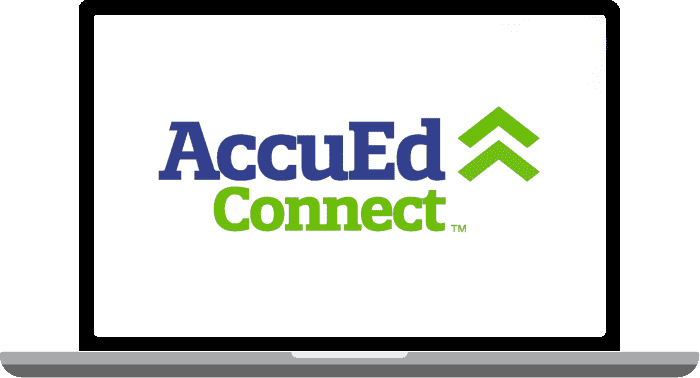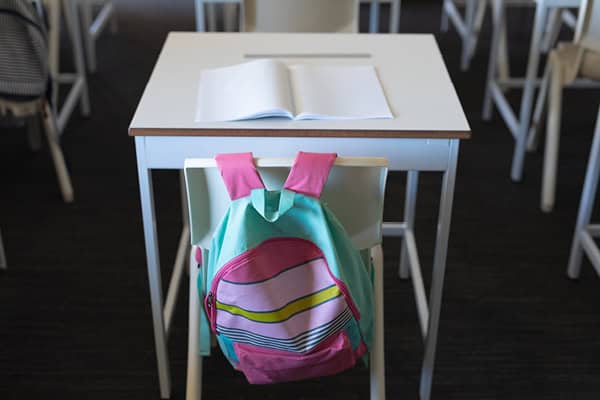While there are many reasons to be cautious about generative AI, it’s quickly becoming a fact of modern life. Banning it entirely within schools might be futile or even do a disservice to some students when such tools become normalized outside the K-12 context, according to Paper, an educational support system.
So, how should public education move forward?
Dr. Anthony Rossetti, superintendent of Missouri’s Webb City School District emphasizes schools must stay relevant amid the rise of technology that can print out hundreds of words on virtually any topic within seconds.
For Webb City School District, this shift involves a growing role of educators in guiding self-discovery and problem-solving. “The teacher is no longer just the vessel of knowledge,” according to Dr. Rossetti. Educators are equipping students not just to acquire information—but also to analyze and apply—knowledge across contexts.
This perspective on application-based learning mirrors a broader trend among school districts: engaging students with future readiness opportunities. Dr. Monica Goldson, former chief executive officer of Maryland’s Prince George’s County Public Schools, reflected on the 2022-23 school year. “Our students have taught us that they want to learn differently. So there are ways that we can get to them through the use of technology and the world of work.”
Prince George’s County Public Schools invite high school students to solve case challenges for Fortune 500 companies. Future readiness opportunities can allow students to navigate real-world contexts where things like researching on the internet, using calculators, or even using ChatGPT are not always prohibited.
As generative AI gains popularity, schools must also focus on mitigating its negative consequences. Dr. Rossetti: “It is critical for students to be able to judge the validity of what they see online. Educators should teach students what places to go for information and what places are probably not as reliable.”
ChatGPT is just one of many advances schools have had to deal with in recent years. Dr. Calvin Watts, superintendent of Georgia’s Gwinnett County Public Schools: “Innovation is a part of public education now. We’re not going to get the same results if we continue doing what we’ve done for the last 388 years, while our students and families come to us with very different needs and circumstances.”
Paper, an educational support system






